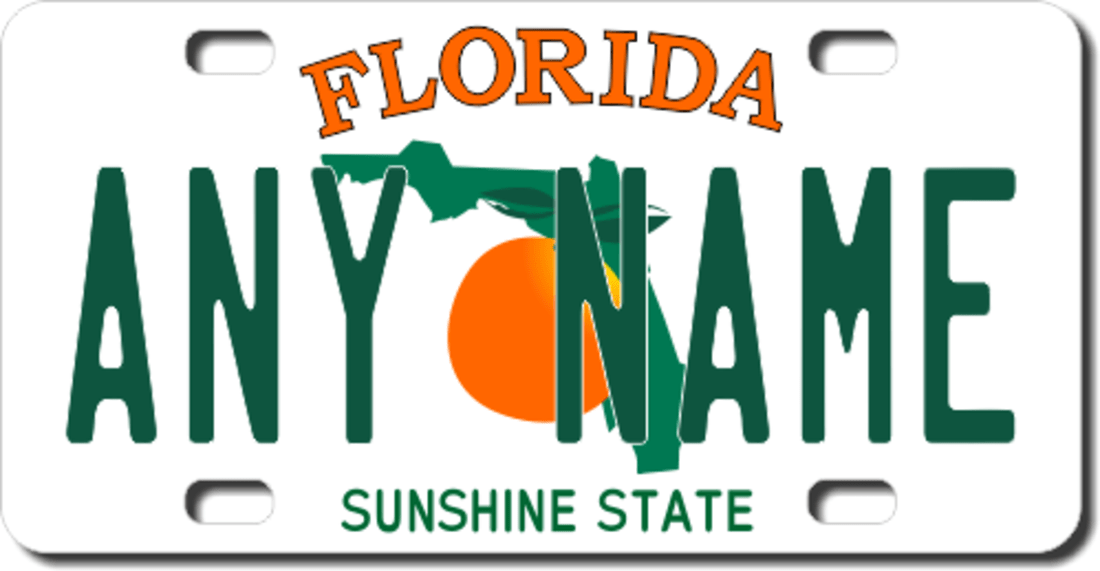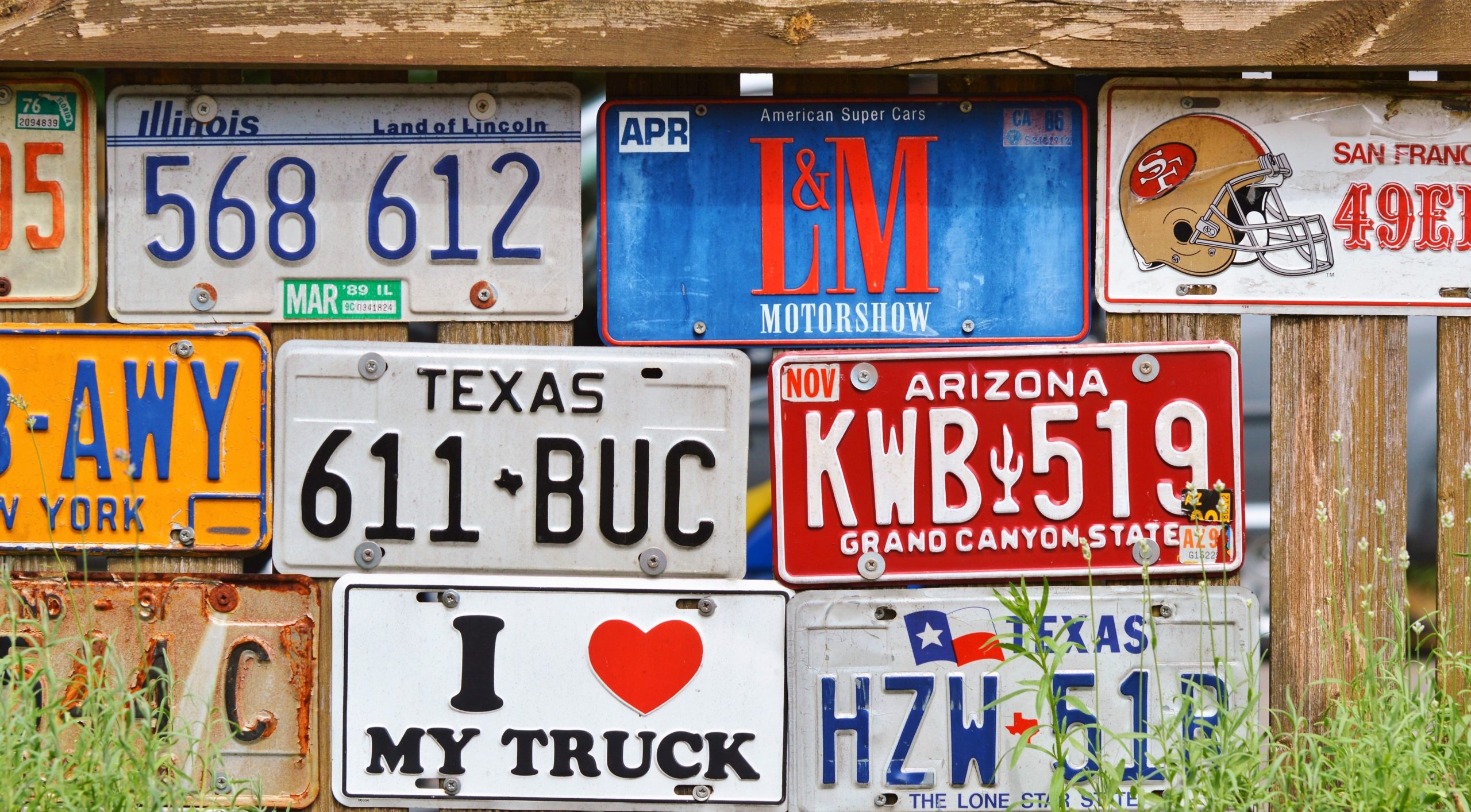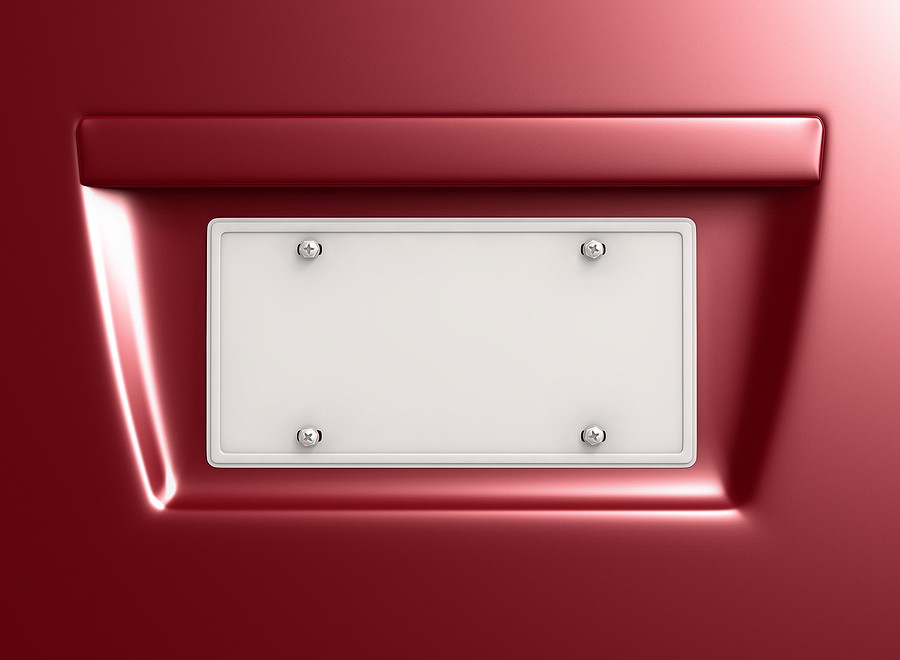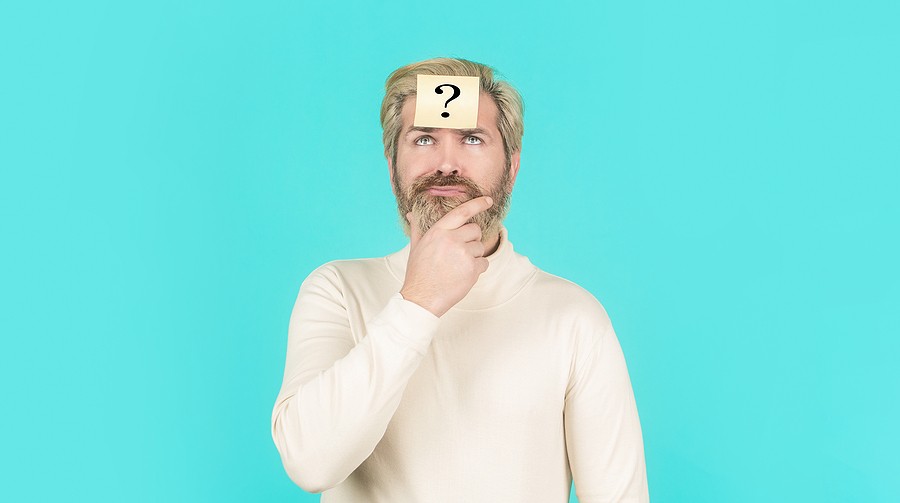If you're looking for what to do with my plates when I sell my car, you have multiple options that depend on your state's regulations. For example, some states might require returning the license plates to the local DMV office, while others might consider it a car owner's property.
Selling a car can be exciting, especially if you find the right buyer and get the good profits you're looking for. However, there are some items that you have to take care of after selling your car so you don't get involved in any consequences that could cause a lot of hassle.
One of the most critical things is understanding what to do with your license plates after selling your car. This events heavily on your state's regulations because, in some areas, the vehicle's license plates belong to the owner, while other states might require returning it to the DMV as they're the legal owners of the license plates.
Understanding what to do with the license plates when you sell your car is very critical. In this article, we'll explain all the details to help you fully understand what needs to be done and go through the canceling process as smoothly as possible.
What to do with the plates when I sell my car?
As a car seller, you need to understand what exactly you have to do with the license plates after finalizing the car-selling process. Unfortunately, many people might miss this point and easily get into many legal problems, especially if they lose their license plates or don't return them to the right place.
Let's take a closer look at your options but keep in mind that these options will be available depending on your state. So, we encourage you to review your local DMV regulations and understand which options are allowed in your states so you can choose from them.

1. Return the plates to the DMV
Most states in the United States require returning the license plates to the local DMV office. So in these states, their regulation is that these license plates belong to the DMV, and you don't have anything to say about them because they're not your property.
That's why if your state requires returning them to the DMV, you must return them as fast as possible to avoid any legal complications that could get you in a lot of trouble.
2. Transfer the plates to a new vehicle
Now, if your state does not require keeping the license plates at the DMV, then your options are more flexible. For example, you can take the vehicle license plates and use them on your new vehicle.
I think this will need additional details you need to understand from the local state you have. But in the end, you can save yourself a lot of money and time requiring new license plates.

3. Keep the plates as a souvenir
Some people get emotionally connected to their vehicles and might choose to keep the plates as souvenirs instead of putting the license plates on another vehicle. You can do whatever you want with these license plates as link aa s you confirm that they don't belong to your state's vehicle or DMV.
4. Sell the plates as a collectible
If you own a very attractive vehicle and might have some people looking to purchase it, you can sell it as a collectible. Many types of vehicles have special license plate characters that are very attractive, and many people might be interested in purchasing them.

How to remove the license plates from your car?
Once you understand what needs to be done with the license plates, you want to make sure that you are removing them safely and carefully without breaking them. Although it might sound straightforward to remove the license plates for your car, you still need to follow the right procedure and ensure that you don't miss anything.
According to automotive experts, here's what you need to do to remove the license plates from your car call
1. Prepare the required tools
Before you step further in removing your license plates and trying to get them out, you have to ensure that you have the right tools. These tools include a pair of pliers; depending on your vehicle design, you might need a drill to take place out.
2. Remove the screws holding the plates
Once you have all the tools ready and choose your workplace, the next step is to take out the screws holding the license plates in place. In some instances, you'll find that the plates are screwed in the vehicle, so they can't be taken out easily with a screwdriver. In that case, you'll need to use a drill to take them out so you don't cause damage to the exterior of the vehicle.
3. Use the pliers to remove the plates off
After getting rid of the screws, the next step is to use the pliers to gently take out the plates without scratching the car paint or causing any minor or major damage to damage vehicle's exterior.

What to do with my plates when I sell my car? Frequently asked questions
This section will provide you with comment frequently asked questions about what needs to be done with the license plates after selling the vehicle.
1. What happens if I don't return my license plates to the DMV when I sell my car?
It all depends. For example, if your state requires that you return the license plates to the DMV, you might hold liable for any problem had happened to the vehicle because the vehicle and you might need to pay charges or fines that will differ depending on where you live.
2. Can I transfer my license plates to a family member's car?
In most states, you can transfer the license plates to a family member's car. You only need to remember that the car must be registered under the same person's name.
3. Can I keep my license plates if I move out of state?
Again, this depends on your state's regulations. For example, if you live in a state where the DMV owns the license plates, you must return them, and you cannot keep them if you have out states.
4. How long do you have to return my license plates to the DMV after selling my car?
After selling your vehicle, the time frame allowed for returning license plates differs significantly depending on where you live. Typically this time frame is about a couple of days but not more than that.
5. What happens if I lose my license plates after selling my car?
You must let the DMV know if you lost the license plates after selling your car. You don't want anything happens to the vehicle and comes back to you regarding legal issues. The DMV should have approaches and strategies on what needs to be done next.
6. Can I use my license plates on another car if I'm leasing it?
Technically you can transfer the license plates to another vehicle if your state allows it. However, we recommend you review your state's current rules and regulations before making this decision, so you don't have to deal with any complications.
7. Are any fees associated with returning my license plates to the DMV?
There might be some in certain states. That's why visiting your local DMV website can help you understand whether you have to pay any fees. Typically if there is a fee, it will be very small, but it's worth asking the question and confirming that you're doing the process properly without any surprises.

License plates ownership by state
As we indicated before, some states might have different regulations than others. For example, you might find a state indicating that your license plates belong to the vehicle, while others might say that you can keep them and use them however you want as long as you follow the recommendations.
For instance, California considers that the license plates belong to the DMV, meaning you must return them immediately after selling your car. You can find details about how long you can wait until you return the license plates and whether there are no fees for returning them.
On the other hand, Florida considers that the license plates belong to the car owner, which means you can do whatever you want with the license plates. For instance, you can research whether you can use them for another vehicle, keep them as souvenirs, or decide on your option.
Final thoughts
Understanding what needs to be done with the license plates after selling the car is very important to avoid getting involved in major complications that could have a legal component. For example, this article indicated that depending on your state, you might need to return the license plates to the DMV, use them on another vehicle, keep them as souvenirs, or sell them if someone is looking for similar collectibles.



